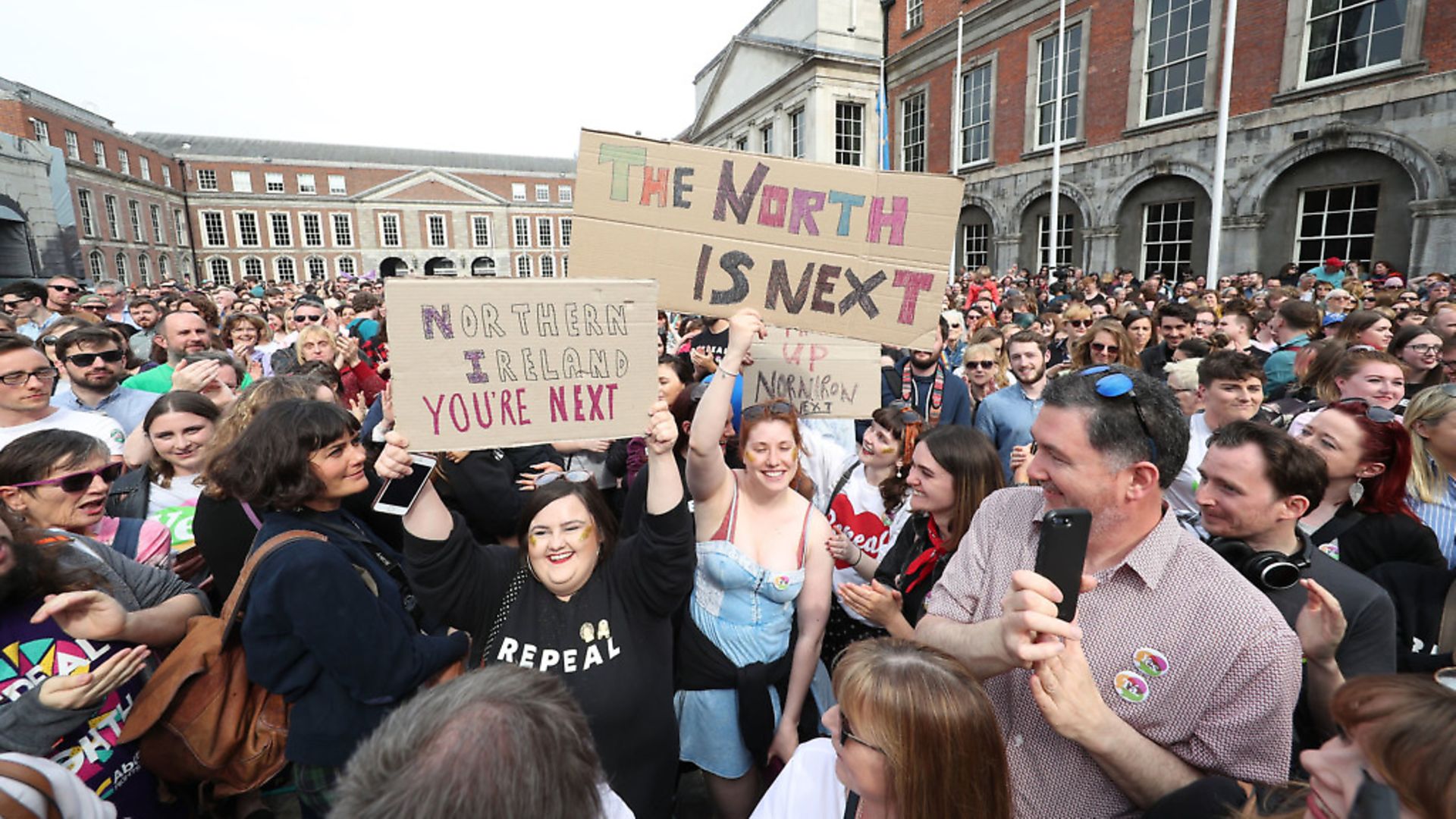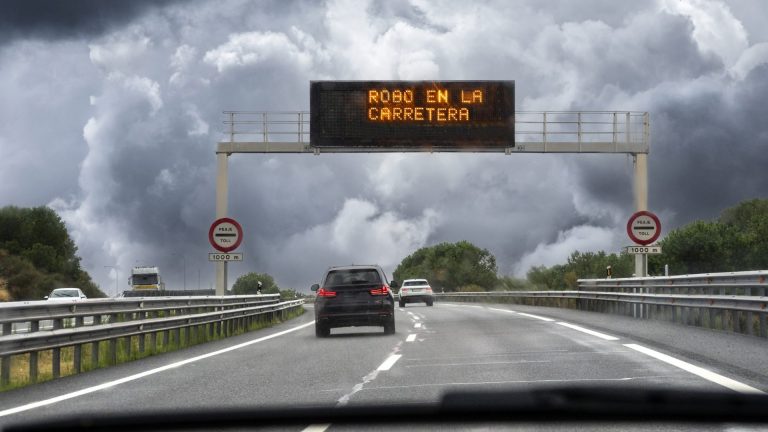
For many, the historic abortion vote result struck a very personal chord. Here, Helen Linehan tells her story and vows Northern Ireland must be next.
I’d say Terry Deary, writer of Horrible Histories, had a struggle when he came to writing his comedy kids book about Ireland.
The Catholic country where thousands of women and girls have been punished for having babies and also punished for not having them.
There’s no humour in the mass grave of babies at Tuam or the symphysiotomy scandal or the Magdalen Laundries or the eighth amendment.
I lived in Dublin in 2007 with my Irish husband and had my second child there. I wasn’t aware of the eighth amendment until I was confiding in a mum at a baby group about my first pregnancy.
Our 12-week scan had shown a fatal abnormality which resulted in us having a termination.
Luckily this was before we had moved to Dublin and we were cared for in London by the NHS. The mum I was chatting to told me her friend had the same diagnosis but because she was living in Ireland, she was legally bound to her pregnancy.
Soon after this, we moved back to London. We did not want to bring our children up in a country that criminalises a fundamental aspect of women’s health care.
A few years later, after a lot of shouting about it on Twitter, Amnesty asked us if we would share our story and help launch the campaign to repeal the eighth. We were filmed talking about our experience.
It had been an emotional interview, because I hadn’t really talked about it for such a long time. I consider myself as quite a toughy but the sadness from that experience, I realised, hadn’t left me.
The morning Amnesty released the video of us, I braced myself for an onslaught of trolls and haters but it didn’t happen like that. I woke up to an overwhelming amount of messages of support and many people contacted me sharing their own stories of how the eighth amendment had made their lives a misery in an already traumatic situation.
Of course, I did have a few nasty messages, branding me a murderer, but not many. And then came May 25. My husband and I had thought about flying over to Dublin for the vote but I just felt I would be way too angry if it went the wrong way.
I couldn’t have been more wrong and I wished I was there.
I knew that whatever the result I would be proud of everyone who fought for change and for women’s independence – but this was overwhelming. I watched as one by one every constituency, bar Donegal, turned purple for yes.
It was a landslide – higher even than the 62.1% who voted in 2015 for same-sex marriage. 66.4% of us voted for female bodily autonomy, 66.4% of us trust women, 66.4% of us, rural and urban, working class and middle class, young and old, said ‘yes’ to change.
So, what now? We need to make women’s unfettered access to health care exist in reality as well as in law. The past decade has seen a huge increase in US-style intimidation of women and health care workers outside abortion clinics. We need to act now to stop this from happening.
The UK has recently began to acknowledge this and councils are slowly coming round to safe zones ensuring people entering the building are free from intimidation and bullying from protesters.
Nobody has the right to judge when it comes to abortion. Each case is different. What the anti-abortion campaigners don’t seem to realise is that abortion is always a very distressing and emotional decision to arrive at in whatever circumstance.
This result will allow medical staff to give advice when previously there would have been silence.
Women and men will be offered much-needed counselling.
And then there’s Northern Ireland. The law over there was changed recently to sanction abortions but only in cases of fatal foetal abnormality. It’s not good enough. It’s time they caught up with the rest of us.
Northern Ireland: We’re coming for you.






